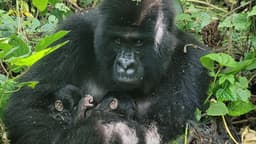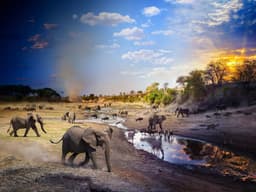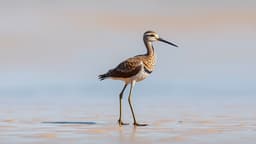Home / Environment / Okavango Delta: Botswana's Endangered Natural Wonder
Okavango Delta: Botswana's Endangered Natural Wonder
11 Oct, 2025
Summary
- Okavango Delta is one of the last high-biodiversity ecosystems
- 43% of UNESCO World Heritage sites face "significant concern" or "critical" threats
- Chronic underfunding is the primary barrier to effective ecosystem management

The Okavango Delta in Botswana, a vast freshwater ecosystem the size of Connecticut, is one of the last remaining high-biodiversity regions on Earth. Home to a diverse array of wildlife, including cheetahs, African wild dogs, and the world's largest population of African elephants, the Okavango Delta was designated a UNESCO World Heritage site in 2014 for its natural and cultural significance.
However, the latest IUCN World Heritage Outlook report, presented on October 11, 2025, paints a concerning picture for the Okavango and other precious natural sites around the globe. The report finds that the proportion of World Heritage sites with a positive conservation outlook has dropped from 63% in 2014, 2017, and 2020 to just 57% in the latest assessment. Alarmingly, the proportion of sites considered to be of "significant concern" or "critical" has increased from 37% to 43% in the last five years.




